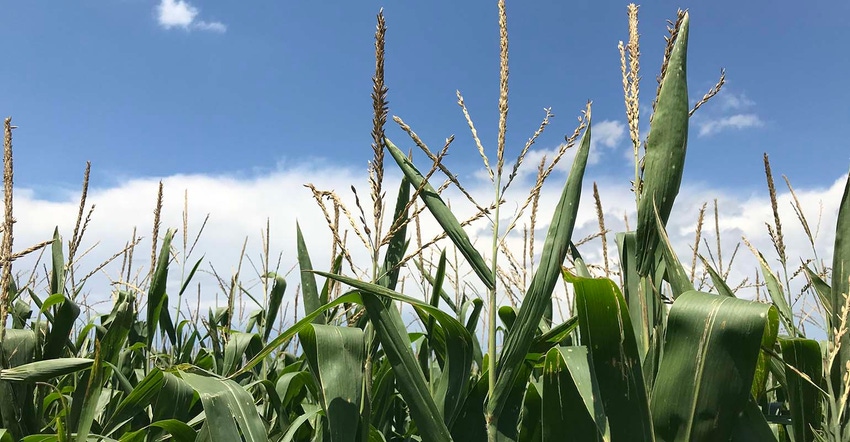
The plant nutrition industry today took a step forward to increase its clout in legislative circles when the Biostimulant Coalition and the Fertilizer Institute reached a formal agreement to form a Biostimulant Council that will provide a framework or a united voice to address regulatory an legislative issues.
“One of our big goals is to get regulations that provide a framework for our sales to farmers, making sure that biostimulants are defined as plant nutritional products. Regulations can be a good thing for industry because they offer certainty and a level playing field,” said TFI Corey Rosenbusch. “We need to be careful not let biostimulants get labeled as a plant growth regulator, which could present obstacles to making them commercially viable.”
Biostimulants include several biological or naturally derived additives including bacterial or microbial inoculant, biochemical materials, amino acids, humic acides, fulvic acid, seaweed extracts and similar materials.
The Biosteimulation Coalition was formed in 2011 to create a proactive environment to address legislation impact the industry. The new Biostimulant Council will be under the umbrella of The Fertilizer Institute and will make the resources of TFI available to advocate for biostimulants as it continues to be the voice of the traditional fertilizer industry.
In welcoming the Biostimulant Coalition, Rosenbusch said TFI is excited about the potential that TFI’s resources will bring to the effort.
“The partnership with TFI will provide the Biostimulant Coalition with all the tools we need to continue serving the membership we have, as well as growing those offerings,” agreed Biostimulant Coalition Executive Director, David Beaudreau, Jr. “TFI brings to the table a high functioning team of professionals and a full suite of legal, policy, regulatory, and communications resources.”
Rosenbusch said that biostimulants are a growing segment of the overall plant nutrition industry but faces a major hurdle in terms of of needing a regulatory approval process that allows them to be marketed and utilized by farmers.
“TFI will be leading the way to change that and ensure the industry has a workable biostimulant definition, products have an approval path to market and scientifically defensible claims can be analyzed by growers to evaluate use on their crops,” he said.
Rosenbusch said while biostimulants are a growing segment of the industry, they are a supplement to, not a replacement for, traditional nitrogen-potassium-potash fertilizers.
“Our first job will be to make sure that farmers and ag retailers understand how using these supplemental nutrients can increase yields and have an impact on stewardship of the land,” Rosenbusch said.
There are about 20 member companies that are part of the new partnership, which will be working to make sure that the definitions and regulations created for the industry will be consistent not only in the United States by across the globe.
“TFI wants to the voice for all plant nutrients, whether you are talking traditional NPK manufacturers, micronutrients and bionutrients,” he said. “Last September, we announced the micronutrients under the TFI umbrella. This will give the plant nutrition industry a more formal governance structure and a single voice speaking for more members.”
TFI moved offices in December and is sharing space with CropLife and the Ag Retailers Association, but the move is not related to the Biostimulant Council announcement. Each organization has its own private office space within the shared space and will all remain independent industry groups.
This article contains information supplied by The Fertilizer Institute.
Read more about:
BiostimulantAbout the Author(s)
You May Also Like






